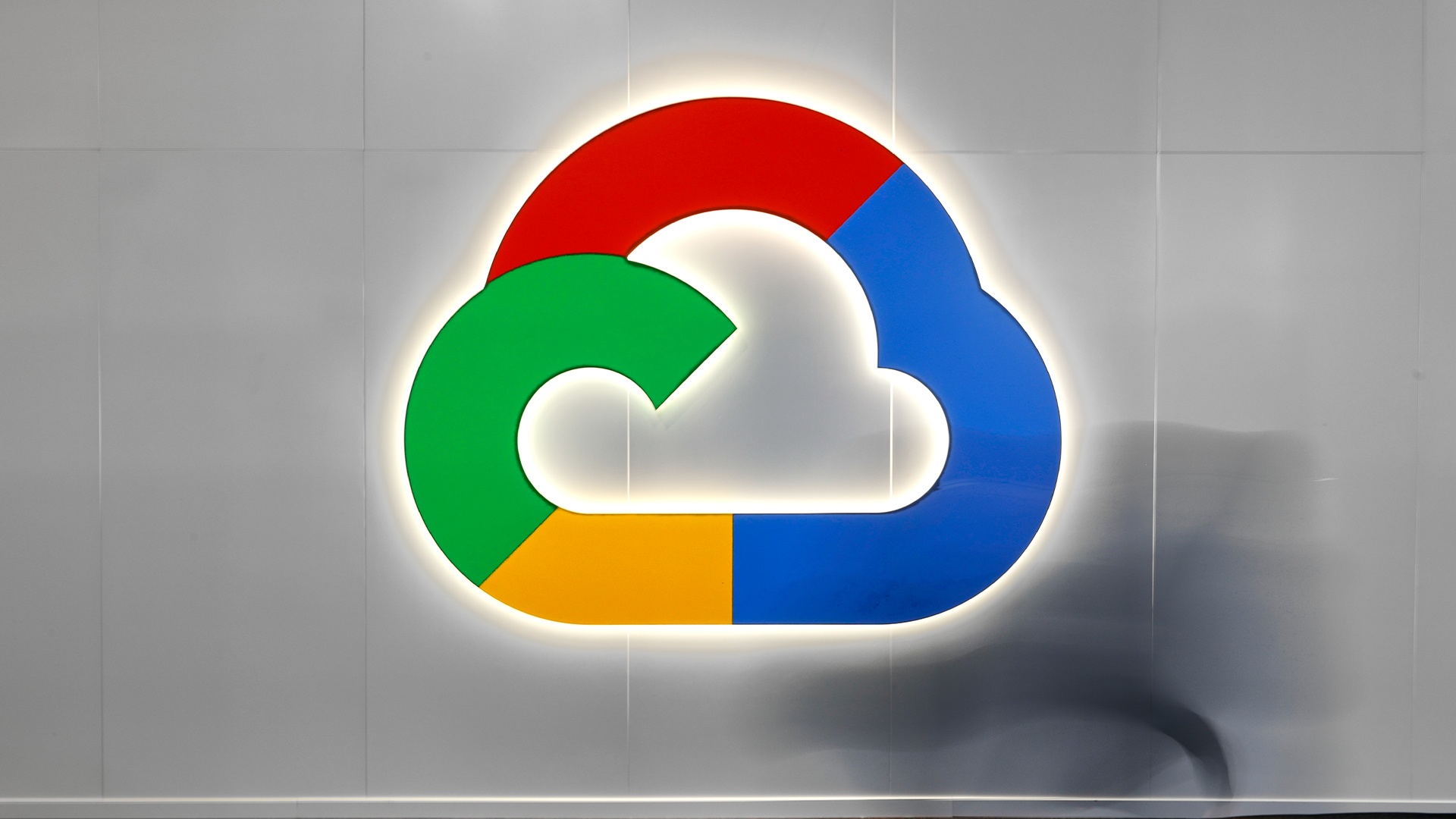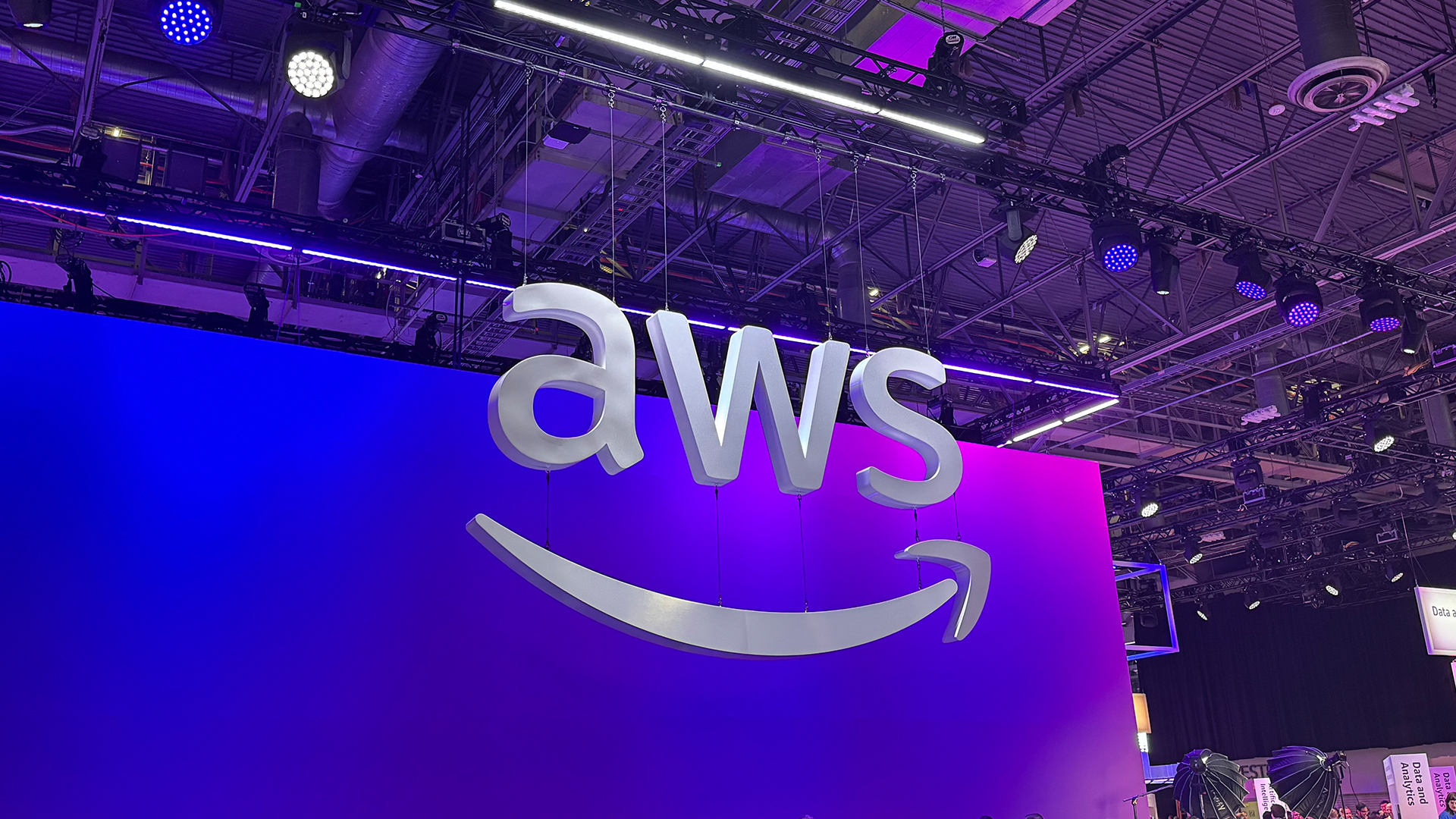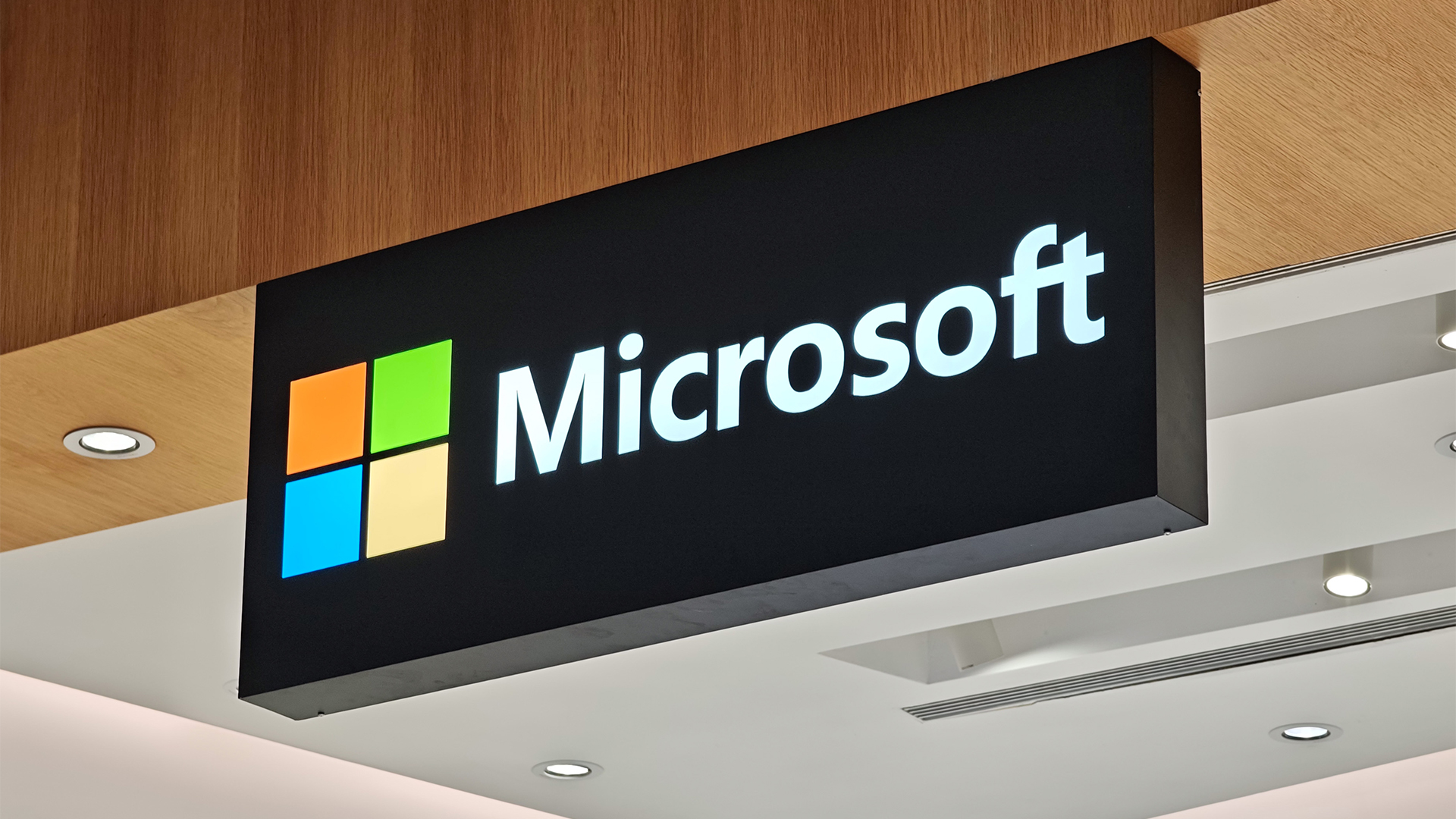Google is getting serious on cloud sovereignty
The sovereignty service updates from Google Cloud appear aimed at reassuring EU customers


Google has joined Microsoft in bolstering its sovereign cloud services as tensions grow over US influence on big tech providers.
The tech giant has rapidly expanded its sovereign cloud services in recent years, now boasting more than 42 cloud regions, 127 zones, and 202 network edge locations.
In a blog post detailing the updates, Hayete Gallot, president of customer experience at Google Cloud said the move underlines the company’s commitment to “enabling customers to choose the cloud provider and solution that best fit their needs”.
“We offer customers a portfolio of solutions that align with their business needs, regulatory requirements, and risk profiles,” Gallot added.
So what can customers expect from the new updates?
Google eyes air-gapped solutions
The move by the tech giant includes three dedicated sovereign cloud services, including Google Cloud Air-Gapped, which offers enterprises a standalone air-gapped solution that “does not require connectivity to an external network”.
“This solution is tailored for customers in the intelligence, defense, and other sectors with strict data security and residency requirements,” Gallot said. “The air-gapped solution can be deployed and operated by Google, the customer, or a Google partner.”
Sign up today and you will receive a free copy of our Future Focus 2025 report - the leading guidance on AI, cybersecurity and other IT challenges as per 700+ senior executives
The air-gapped solution has been developed using open source components, according to Google, and offers a range of AI, database, and infrastructure services.
Google Cloud Air-Gapped previously received authorization to host top secret materials belonging to the US government.
Setting strict boundaries
Elsewhere, the company unveiled an expansion of the Google Cloud Data Boundary service. This service has been operational for a while now, and gives customers the ability to deploy sovereign data boundaries and thereby control where corporate materials are stored and processed.
“This boundary also allows customers to store and manage their encryption keys outside Google’s infrastructure, which can help customers meet their specific data access and control requirements no matter what market.”
Similar to the air-gapped service, this gives customers access to a raft of Google Cloud products, including AI solutions, as well as confidential computing and external key management capabilities to “control access to their data and deny access for any reason”.
Notably, through this service Google Workspace customers can implement boundary controls to limit the processing of data to the United States or EU and choose a specific country to store data locally.
As part of the update, Gallot revealed the launch of User Data Shield, which leverages Mandiant services aimed at validating applications built on top of the boundary service.
“User Data Shield provides recurring security testing of customer applications to validate sovereignty postures,” Gallot explained.
Google eyes local partner support
The third and final update focuses on Google Cloud Dedicated, a solution designed to help enterprises meet local sovereignty requirements, particularly those in the EU.
Support for the service is underpinned by “independent local and regional partners”, Google said. This was developed alongside Thales as part of a long-standing partnership between the two firms.
Google Cloud originally partnered with Thales in 2021 to build the Trusted Cloud by S3NS for Europe.
“This offering with Thales is designed to offer a rich set of Google Cloud services with GPUs to support AI workloads and is operated by S3NS, a standalone French entity,” Gallot explained.
The service is currently in preview, and has been designed specifically to meet the security and operational resilience requirements of France’s SecNumCloud standards.
Google said it has plans to expand the Cloud Dedicated footprint globally, with Germany the next location on the list.
Sovereignty concerns grow
The move from Google comes amid a period of rising tensions on both sides of the Atlantic, with the EU in particular voicing serious concerns over the influence of US tech companies in the region.
In late April, Microsoft said it would rigorously defend European data from American overreach. In a blog post, president Brad Smith said the company would resort to litigation to protect EU customers from US demands to shut down services.
Microsoft’s stance on the matter comes amid the Trump administration’s apparent irritation over EU rules which it claims have negatively impacted American tech giants.
Trump signed a memorandum earlier this year pledging to defend American companies from "overseas extortion". The memorandum specifically named the EU Digital Markets Act (DMA) as legislation which impedes US firms.
Political maneuvering aside, data sovereignty has become a key focus for enterprises operating in the EU in recent years as a result of legislation aimed at protecting consumers and bolstering data protection standards.
Analysis from OVHCloud in January this year showed 51% of UK organisations now acknowledge data sovereignty as a “crucial” aspect of their data management strategies, for example.
Naturally, big tech providers have invested heavily to accommodate these evolving needs, with Oracle, AWS, Microsoft, and others all launching dedicated sovereign cloud services.
When AWS unveiled the launch of a new sovereign cloud offering in Europe last year, analysts told ITPro that sovereign services are now the “bare minimum” expected from customers in the region.
MORE FROM ITPRO

Ross Kelly is ITPro's News & Analysis Editor, responsible for leading the brand's news output and in-depth reporting on the latest stories from across the business technology landscape. Ross was previously a Staff Writer, during which time he developed a keen interest in cyber security, business leadership, and emerging technologies.
He graduated from Edinburgh Napier University in 2016 with a BA (Hons) in Journalism, and joined ITPro in 2022 after four years working in technology conference research.
For news pitches, you can contact Ross at ross.kelly@futurenet.com, or on Twitter and LinkedIn.
-
 How SMBs can DIY their IT implementation and support
How SMBs can DIY their IT implementation and supportFeature For some small and medium-sized businesses, the third-party expertise and support might be out of reach. What’s the alternative?
-
 What the fragmentation of UC means for the channel
What the fragmentation of UC means for the channelIndustry Insights If communications are becoming fragmented, what does that mean for MSPs and VARs?
-
 Cloud infrastructure spending hit $102.6 billion in Q3 2025 – and AWS marked its strongest performance in three years
Cloud infrastructure spending hit $102.6 billion in Q3 2025 – and AWS marked its strongest performance in three yearsNews Hyperscalers are increasingly offering platform-level capabilities that support multi-model deployment and the reliable operation of AI agents
-
 Google Cloud teases revamped partner program ahead of 2026
Google Cloud teases revamped partner program ahead of 2026News The cloud giant’s new-look partner ecosystem shifts focus from activity tracking to measurable customer outcomes
-
 What Palo Alto Networks' $10bn deal with Google Cloud means for customers
What Palo Alto Networks' $10bn deal with Google Cloud means for customersNews The extension of an existing partnership between Palo Alto Networks and Google Cloud is designed to boost security amid rise in AI
-
 Cohesity deepens Google Cloud alliance in data sovereignty push
Cohesity deepens Google Cloud alliance in data sovereignty pushNews The pair’s expanded collaboration will focus on new integrations for AI, cybersecurity, and data protection
-
 Cloud security teams are in turmoil as attack surfaces expand at an alarming rate
Cloud security teams are in turmoil as attack surfaces expand at an alarming rateNews Cloud security teams are scrambling to keep pace with expanding attack surfaces, new research from Palo Alto Networks shows, largely due to the rapid adoption of enterprise AI solutions.
-
 AWS re:Invent 2025 live: All the news and announcements from day two in Las Vegas
AWS re:Invent 2025 live: All the news and announcements from day two in Las VegasLive Blog Keep tabs on all the latest announcements from day-two at AWS re:Invent 2025 in Las Vegas
-
 CEOs admit majority of cloud environments were ‘built by accident rather than design’ – and it’s coming back to haunt them
CEOs admit majority of cloud environments were ‘built by accident rather than design’ – and it’s coming back to haunt themNews Many enterprises rushed into the cloud without a clear end goal in mind, according to Kyndryl
-
 Microsoft’s new ‘marketplace’ lets customers pick and choose cloud, AI solutions
Microsoft’s new ‘marketplace’ lets customers pick and choose cloud, AI solutionsNews The Microsoft Marketplace looks to streamline customer access to AI and cloud services